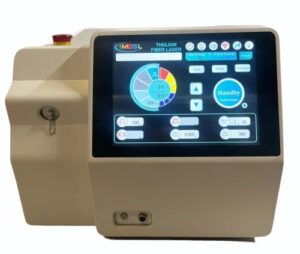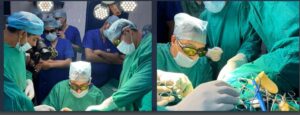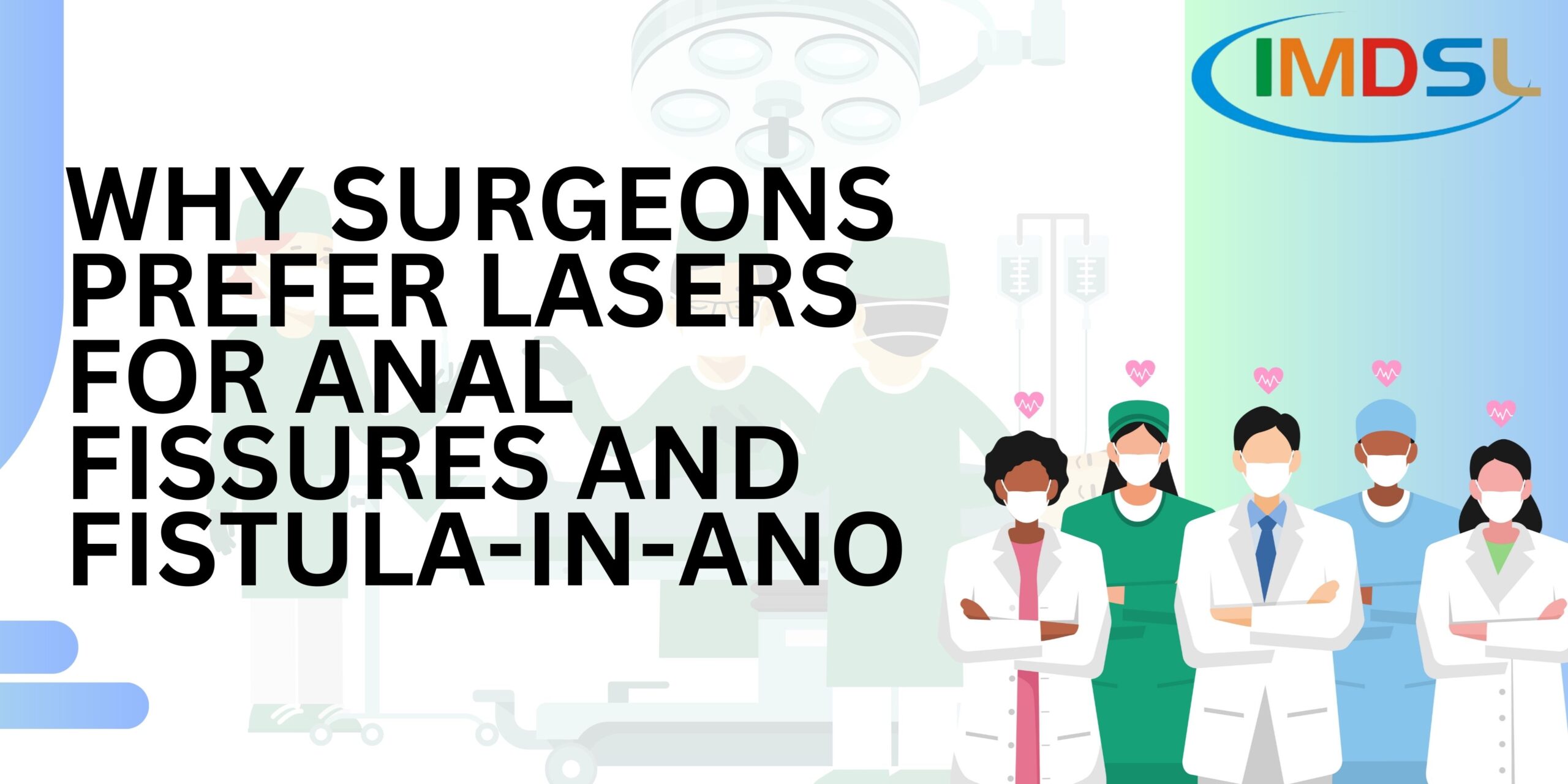In recent years, laser surgery has become a preferred choice for treating anorectal conditions such as anal fissures and fistula-in-ano. Surgeons around the world are increasingly turning to this minimally invasive approach, thanks to its precision, reduced recovery time, and better patient outcomes. Let’s explore why lasers are changing the landscape of proctology.
Understanding the Conditions
What is an Anal Fissure?
An anal fissure is a small tear in the lining of the anal canal, often caused by passing hard stools, constipation, or trauma. It can result in severe pain, bleeding during bowel movements, and discomfort that significantly impacts quality of life.
What is a Fistula-in-Ano?
A fistula-in-ano is an abnormal tract that forms between the anal canal and the skin near the anus, often as a result of infection or abscess. This condition can cause persistent discharge, pain, and recurrent infections.
Both conditions require effective treatment to prevent recurrence and complications—and this is where laser technology is making a big difference.

Advantages of Laser Surgery in Anal Fissures and Fistula-in-Ano
1. Minimally Invasive & Painless
Laser surgery involves a targeted beam of light that precisely works on the affected tissue without large incisions. This reduces tissue trauma, resulting in significantly less pain compared to conventional surgery.
2. Reduced Blood Loss
Lasers coagulate blood vessels during the procedure, minimizing bleeding. This is especially beneficial in anorectal surgeries where the area is sensitive and prone to heavy bleeding with traditional methods.
3. Lower Risk of Incontinence
Conventional fistula surgery can sometimes risk damaging the sphincter muscles, leading to incontinence. Laser fistula treatment, such as FiLaC® (Fistula Laser Closure), is sphincter-saving, preserving muscle integrity and reducing postoperative complications.
4. Faster Healing & Recovery
Laser treatment promotes faster tissue regeneration, meaning patients can resume normal activities sooner—often within a few days.
5. Reduced Infection Risk
The heat generated by lasers sterilizes the surgical site, lowering the chances of postoperative infection, which is a common concern in anorectal surgeries.
How Laser Treatment Works
For Anal Fissures
In laser fissure surgery, the laser is used to reduce the tension in the anal sphincter and promote healing of the tear. The precise nature of the laser ensures minimal damage to surrounding tissues.
For Fistula-in-Ano
In laser fistula surgery, a specialized radial fiber delivers laser energy inside the fistula tract. This energy destroys the epithelial lining and seals the tract from the inside, all while preserving the sphincter muscles.

Why Surgeons Are Making the Switch
Precision and Control
Lasers allow surgeons to work with pinpoint accuracy, targeting only diseased tissue and leaving healthy tissue untouched.
Better Patient Experience
From reduced pain to quicker return to daily life, laser surgery offers patients a smoother journey from diagnosis to recovery.
Clinical Success & Reduced Recurrence
Studies have shown that laser treatment offers comparable or better success rates than conventional surgery, with fewer recurrences when proper post-operative care is followed.
Is Laser Surgery Right for You?
While lasers offer many benefits, the suitability of the procedure depends on the type, complexity, and location of the fissure or fistula. A consultation with an experienced colorectal surgeon is essential for proper diagnosis and treatment planning.
The shift toward laser treatment for anal fissures and fistula-in-ano represents a significant leap in proctology. By combining medical precision with patient comfort, lasers are redefining how surgeons approach these painful conditions.
If you are suffering from symptoms of fissures or fistula, seeking early medical advice can make all the difference—and with laser technology, recovery can be faster, safer, and less stressful than ever before.


Comments